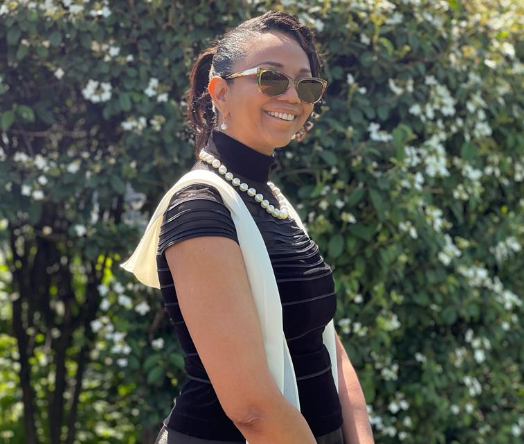Florence Akano is an Hatian African American writer and freelance journalist in the United states. Born in Haiti and imigrating to the united states in her earlier years, she found great appeal for humanitarian services and research into the African Daispora. After over decades of research she has become specialist on the subject, a subject that further raises questions like; “How is the African diaspora helping to develop mainland Africa?”
Florecne Akano speaking with Africanian provides this report.
Read More: Valentine’s Day Fun Facts to Spur On a Conversation With Your Date
The African diaspora, made up of people of African descent living outside of the continent, can help to develop mainland Africa in a number of ways.
One way is through remittances, which are money sent back to family and friends in Africa by members of the diaspora. These remittances can provide a significant source of income for individuals and families, and can also be used to start or invest in small businesses. There are now almost 35 million people of African heritage living in the United States, and their buying power is around $450 billion annually. If this group were represented by a single nation, it would be one of the world’s 15 greatest economies.
Another way is through knowledge transfer and skills development. Many members of the diaspora are highly educated and have experience working in various industries, and they can use this knowledge and experience to support economic development and capacity building in Africa.
Moreover, the United States is actively involved in dozens of education projects across the African continent itself via the United States Agency for International Development and the Peace Corps in order to help liberate the vast potential of the 800 million men and women who live there. In addition, non-profit organizations (NGOs) established in the United States, including Africare, are doing great things, as are foundations, American universities, and our Historically Black Colleges and Universities.
Additionally, the diaspora can also serve as a bridge between Africa and the rest of the world by promoting trade and investment, and by encouraging cultural exchange. They also can be a big influence in their host countries in terms of their political and economic decisions that can benefit Africa.
Overall, the African diaspora can play a vital role in supporting the development of mainland Africa, through their financial contributions, skills and knowledge, and their ability to connect the continent with the rest of the world.
Read More: Elevating the Sudanese Ecosystem with Savannah
What is the take of the American community on African immigration? Do they despise African integration into the community, or do they welcome it?
Opinions on African immigration in the United States can vary widely among different groups of Americans. Some may welcome it and see it as an opportunity to learn from and engage with a diverse community of immigrants, while others may be more resistant to it and may have negative views of African immigrants.
There are deep and expanding linkages between the United States and Africa on many levels, including the personal, economic, moral, and strategic. The United States is Africa’s biggest single market, and trade between the two regions reached about $24 billion in 2002. The United States provides more than $2 billion in total development, humanitarian, and security assistance to Africa every year, making it the biggest bilateral aid provider to the continent.
In general, research suggests that African immigrants in the US tend to be well-educated and have relatively high levels of income and employment. Studies also suggest that African immigrants tend to be more likely to be homeowners and are less likely to live in poverty compared to other groups of immigrants.
An ever-growing portion of the Diaspora, African immigrants to the United States have some of the greatest educational attainments of any immigrant group, with more than 250,000 scientists and doctors of African heritage presently working in the United States.
However, African immigrants may face discrimination and other challenges in the US. For example, African immigrants may experience discrimination in the labor market, and may face barriers to accessing education and other opportunities.
Read More: China’s Demand for Africa’s Donkeys Problematic, Due to Illicit Trading
It’s important to note that perceptions of immigrants, including African immigrants, can be affected by political discourse and media representation. Some political leaders and media outlets may portray African immigrants in a negative light, which can contribute to negative perceptions of the community.
Opinions on African immigration, like opinions on any topic, can be complex and multifaceted, and can depend on a variety of factors including personal experiences, political beliefs, and media representation.
The views and opinions expressed in this article are those of the author’s and do not necessarily reflect those of Africanian News.
